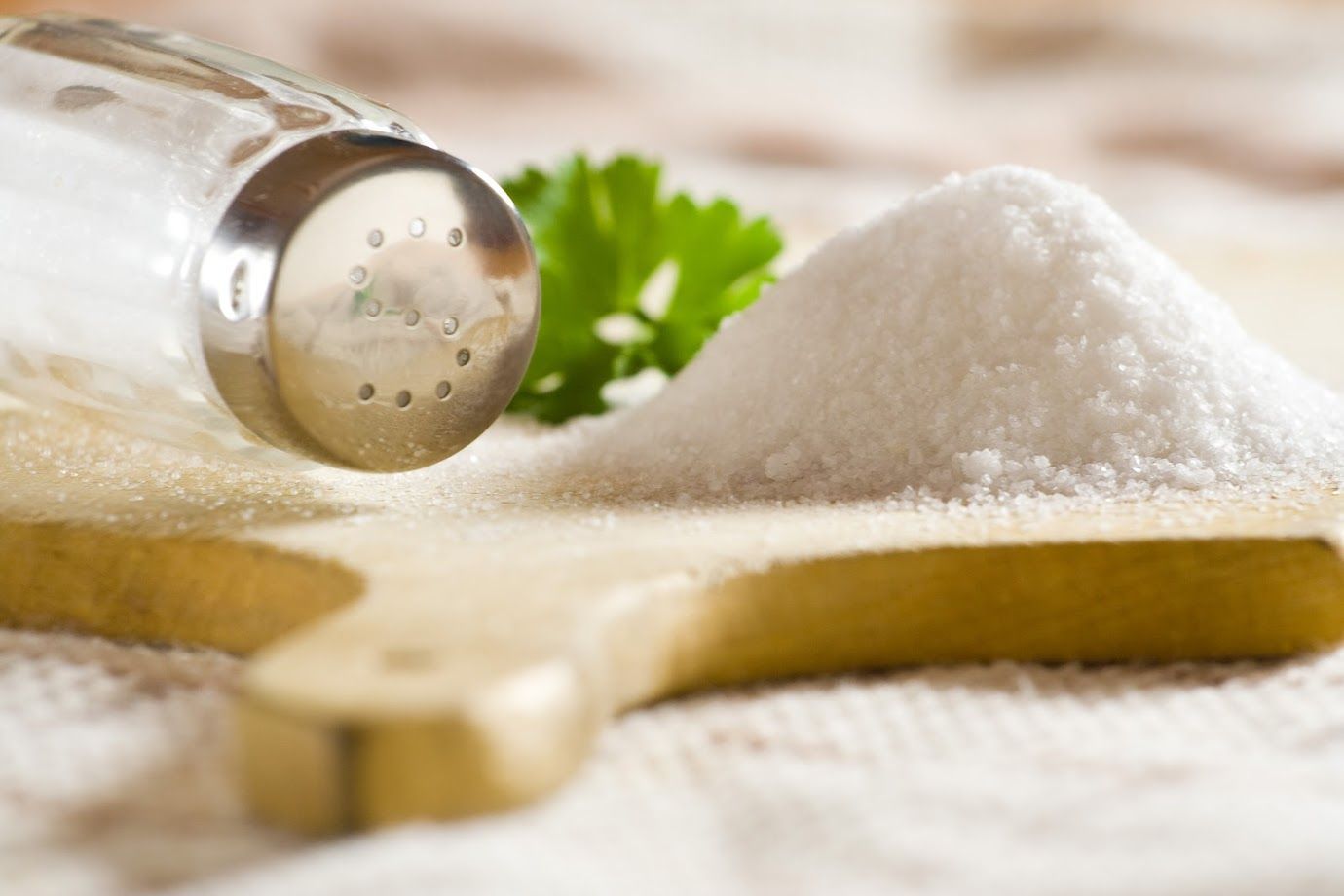Sodium and Your Child’s Health

Sodium can go from an essential nutrient to a health threat when people consume too much of it. This rule holds true for children as well as adults. Unfortunately, even if you know exactly what your kids eat from one meal or snack to the next, you may not know for certain how much sodium those foods contain.
Awareness of this potential health problem can help you recognize where hidden sodium may lurk in your children's diets. This allows you to make any necessary alterations to your home menu and educate your kids about sodium's dangers. Here are some important points to guide your path.
Why Kids Get Too Much Sodium
Humans require a certain amount of sodium intake just to stay alive. This mineral helps to normalize the water balance of your tissues. Inadequate sodium in the bloodstream leads to muscle cramps, vomiting, nausea, and seizures.
Unfortunately, Americans of all ages tend to consume too much sodium. The Centers for Disease Control recommends that individuals consume no more than 2,300 milligrams of sodium per day. However, the American Heart Association reports that American kids consume a daily average of 3,100 milligrams of sodium.
What Excess Sodium Does to Children's Bodies
Excess sodium can lead to high blood pressure in children. Up to seven percent of children between the ages of 3 and 18 suffer from either pre-hypertension or full-blown hypertension. High blood pressure that goes untreated in childhood often continues into adulthood.
Excess sodium also goes hand in hand with obesity. Because sodium causes water retention, it also promotes unhealthy weight gain. The fact that many sodium-heavy processed foods also contain large quantities of fats and sugars only aggravates this problem.
Children with underlying health conditions may prove especially vulnerable to excess sodium in the diet. For instance, kids who suffer from kidney disease may already have trouble eliminating sodium through the urine, making them even more prone to hypertension and other sodium-related health risks.
What Excess Sodium Intake Looks Like
In some cases, excess sodium consumption in your children may make itself known to you through certain telltale signs. For instance, a child who consumes too much sodium may seem eternally thirsty. The child's urine may also appear unusually dark in color, a sign of insufficient water moving through the kidneys.
While a number of factors can contribute to childhood obesity, excess sodium consumption can cause weight gain even in the absence of these other factors. If your child gains significant weight or cannot seem to lose extra weight (despite moderate food intake and plenty of exercise), suspect sodium-related water retention.
To observe the most obvious warning of excess sodium intake, look no further than your child's plate. Kids who eat a lot of packaged, processed foods usually get more sodium than they need. If your kids routinely buy vending-machine sodas and snacks, bear in mind that these products contain sodium as well.
How You Can Moderate Your Children's Sodium Intake
You can help your children get the nutrition they need without also getting too much sodium. Start at mealtime by limiting how often you serve standard kids' fare such as pizza and burgers, which typically contain lots of sodium. If your kids can't do without these foods, look for low-sodium cooking options.
Most of the foods available on grocery store shelves sport nutritional labels that include the amount of sodium per serving. Count these milligrams as carefully as a dieter might count calories. Make sure that the daily total sodium you serve your kids doesn't exceed the recommended 2,300 milligrams.
Kids can watch their own sodium intake once they understand the potential dangers of too much sodium. Educate your kids on healthy eating habits, teach them how to read food labels, and encourage them to learn more on their own about the subject. This knowledge can pave the way for a more health-conscious adulthood.
You can go a long way toward safeguarding your children against the potential problems caused by excess sodium. Contact Advocare Lerch & Amato Pediatrics for more information and advice.

